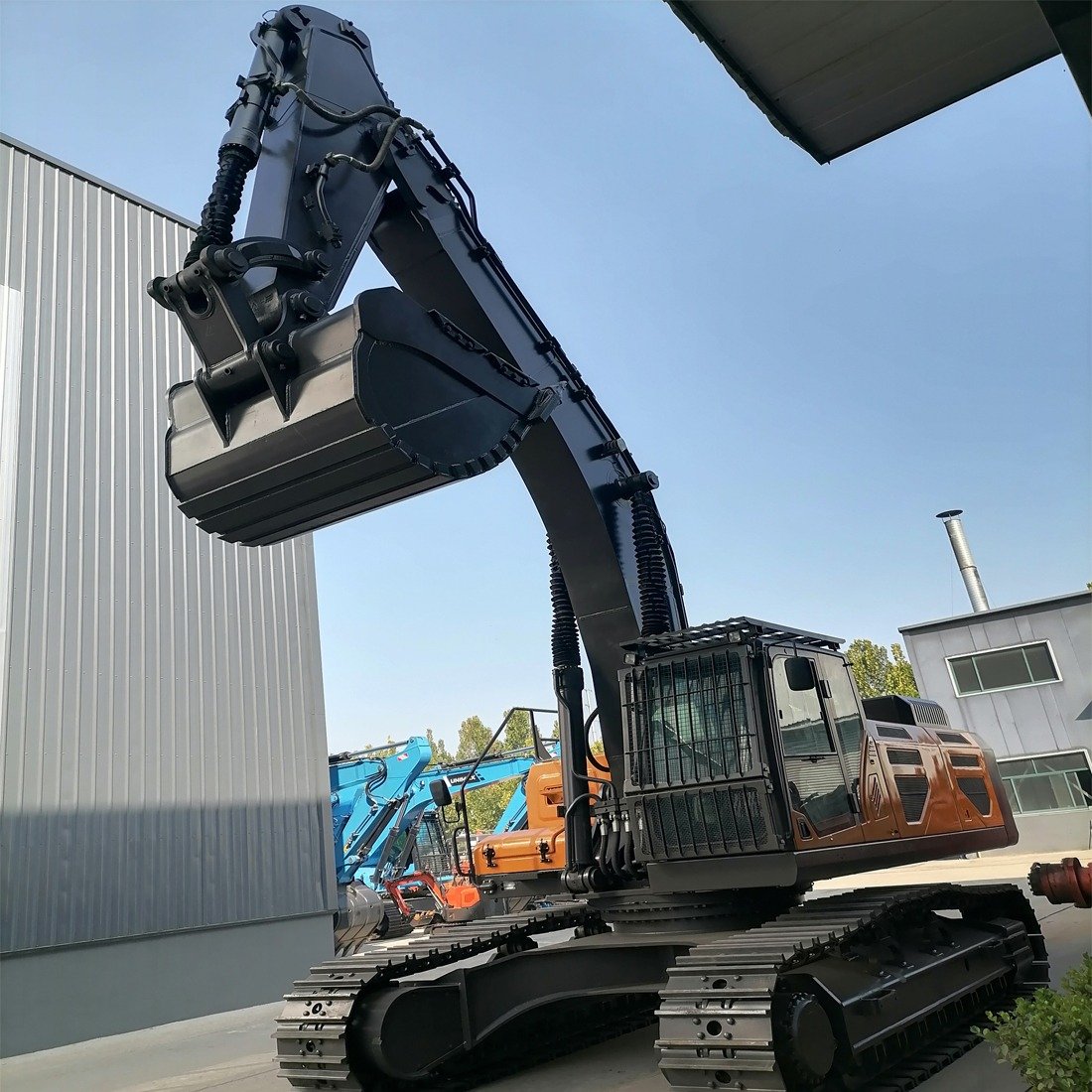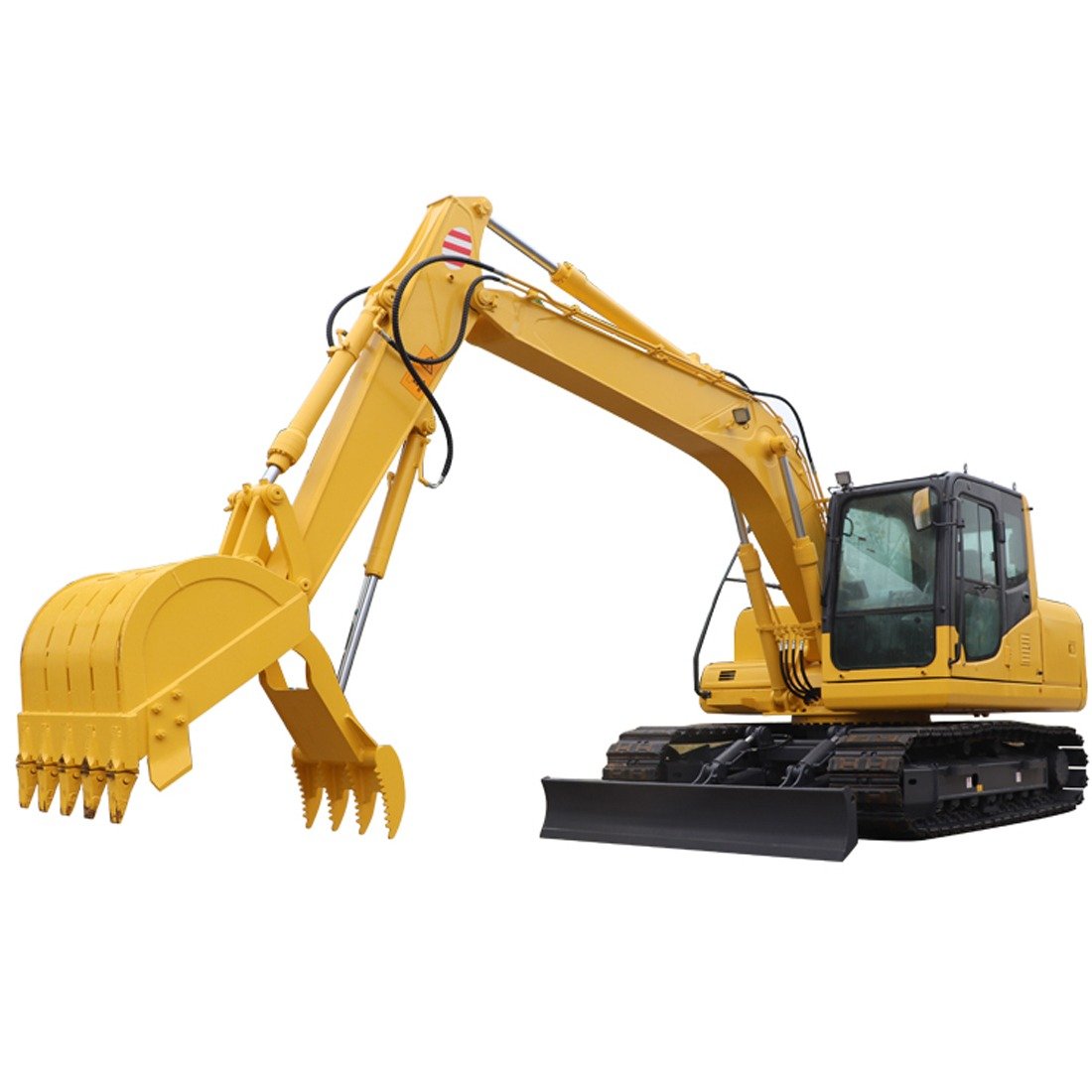Introduction:
Excavators are indispensable heavy machinery on construction sites. However, each excavator operator has their habitual operations, and some seemingly innocuous misoperations can significantly impact the machine’s lifespan. This article will explore situations unsuitable for excavation work and delve into commonly overlooked misoperations.

Key Misoperations and Remedies:
1. Unstable Operation: Operating the excavator on uneven terrain or when it is not securely placed is a common misoperation. While operators may believe it’s harmless, this working method gradually distorts the machine’s frame. Extended periods of repetitive work in such conditions may lead to cracks in the frame, reducing its overall lifespan. The solution is to create a mound of soil in front of the excavator’s tracks on uneven terrain, ensuring the excavator maintains a stable position for normal operation.
2. Extension of Hydraulic Cylinder Rods to the Limit: Another misoperation involves extending the hydraulic cylinder rods to their limit during work. In this scenario, the working cylinders and frame experience increased loads, causing internal damage to the cylinders and affecting the normal operation of other hydraulic components. It is important to avoid extending the rods to their limit to prevent such damage.
3. Partial Suspension of Tracks: Allowing the tracks to partially suspend while extending the bucket from a height to the ground is another common misoperation. This can easily result in cracks in the working device and damage to the excavator’s tail-end weights and swivel bearing ring. It is crucial to maintain proper track contact with the ground during bucket extension to prevent such damage.
4. Moving Large Objects While Traveling: Directly using the traction force while the excavator is moving to displace large obstacles can exert a greater force on various components, affecting their lifespan. It is recommended to avoid moving large objects while traveling and instead use the appropriate functions of the excavator to clear obstacles.
Conclusion:
Correct operational techniques are crucial for extending the lifespan of excavators. Operators should consistently pay attention to the stability of the excavator, make rational use of the machine’s various functions, and avoid improper misoperations to ensure the excavator operates efficiently and stably under diverse conditions. Through proper and scientific operation, the lifespan of excavators can be maximized, enhancing overall work efficiency.
To learn more about these machines, visit the official website https://unionforklift.com/product-category/excavator/.






